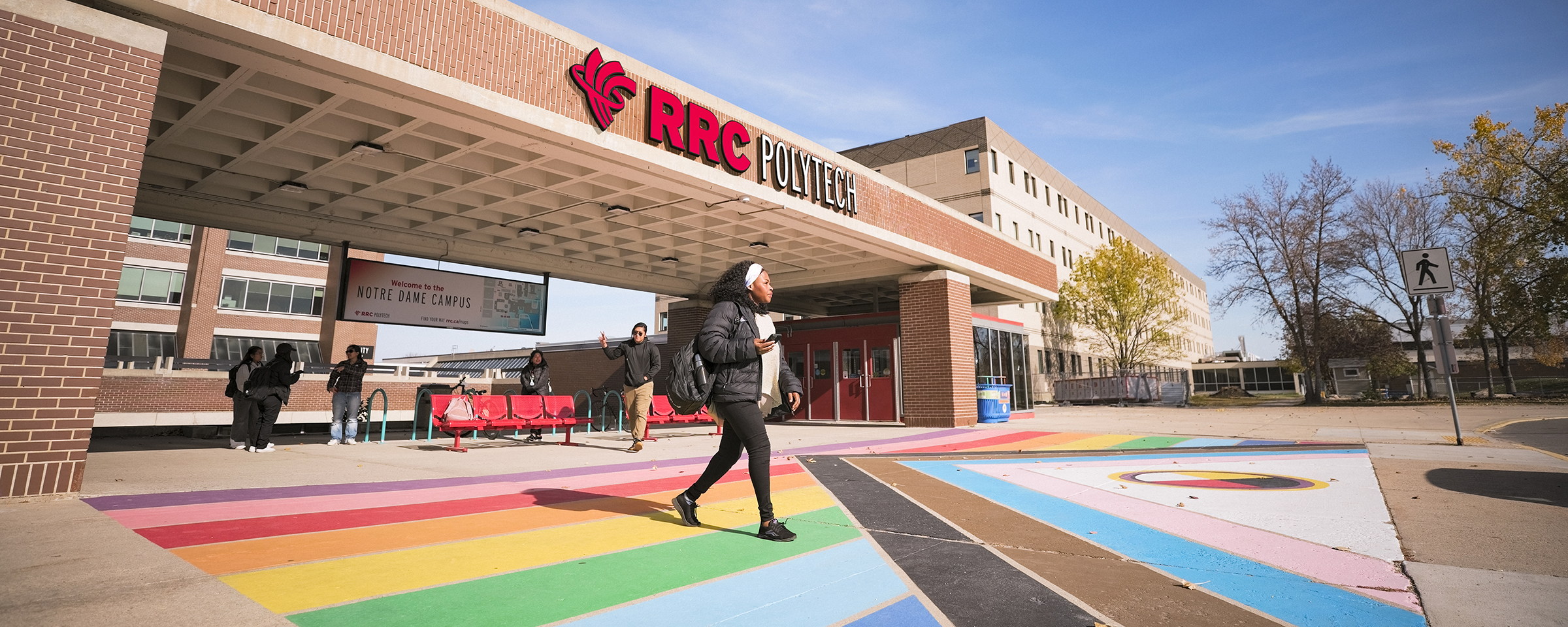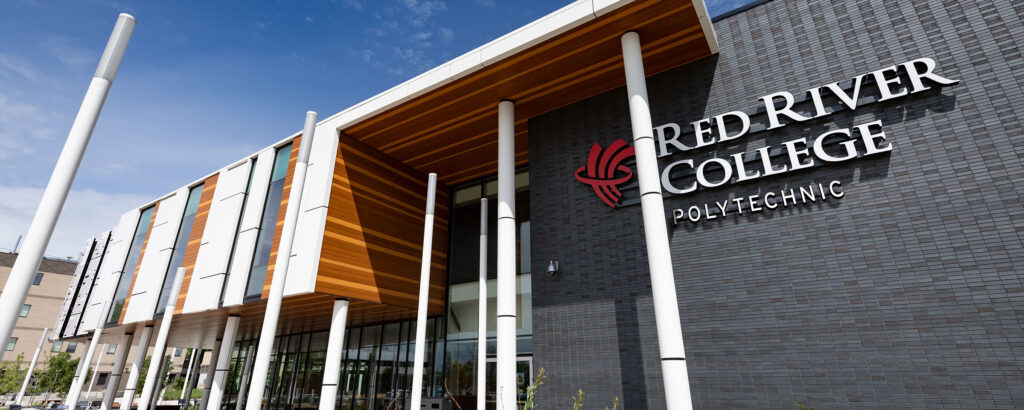RRC Polytech announces new Vice-President, Indigenous Strategy and Business Development
 Today, RRC Polytech takes an important step towards fulfilling the commitments within its 2022–2026 Strategic Plan: In Front of What’s Ahead, by establishing a new executive position under the leadership of Jamie Wilson (Opaskwayak Cree Nation) to guide this significant and transformational work for the College.
Today, RRC Polytech takes an important step towards fulfilling the commitments within its 2022–2026 Strategic Plan: In Front of What’s Ahead, by establishing a new executive position under the leadership of Jamie Wilson (Opaskwayak Cree Nation) to guide this significant and transformational work for the College.
Wilson is a visionary leader with a passion for building bridges between communities and organizations, strengthening relationships with Indigenous Peoples, and creating opportunities for community and social development that will lead towards economic opportunity and prosperity.
As of Jan. 3, 2022, he’ll begin in his new role as the Vice-President, Indigenous Strategy and Business Development.
“This is an area of significant importance for RRC Polytech, and we were fortunate to recruit Jamie to this new role. His experience and background will bring the vision and leadership we need to strengthen this work and advance our strategic commitments,” says Fred Meier, President and CEO, RRC Polytech.
In addition to leading on Indigenous strategy, Wilson will take on the responsibility for business development at RRC Polytech, focusing on deepening and expanding the College’s relationship with business and employers to solve their greatest needs and drive positive outcomes for their growth and success.
“Our future economic prosperity and the growth of our labour market in Manitoba is inextricably linked to the success of our Indigenous communities and the province. This new role is essential for RRC Polytech to put everything we do through that lens to identify new opportunities for partnership and growth,” says Meier. Read More →






 Red River College, in collaboration with the Manitoba Environmental Industries Association (MEIA), is the first post-secondary institution in the province to launch an
Red River College, in collaboration with the Manitoba Environmental Industries Association (MEIA), is the first post-secondary institution in the province to launch an 